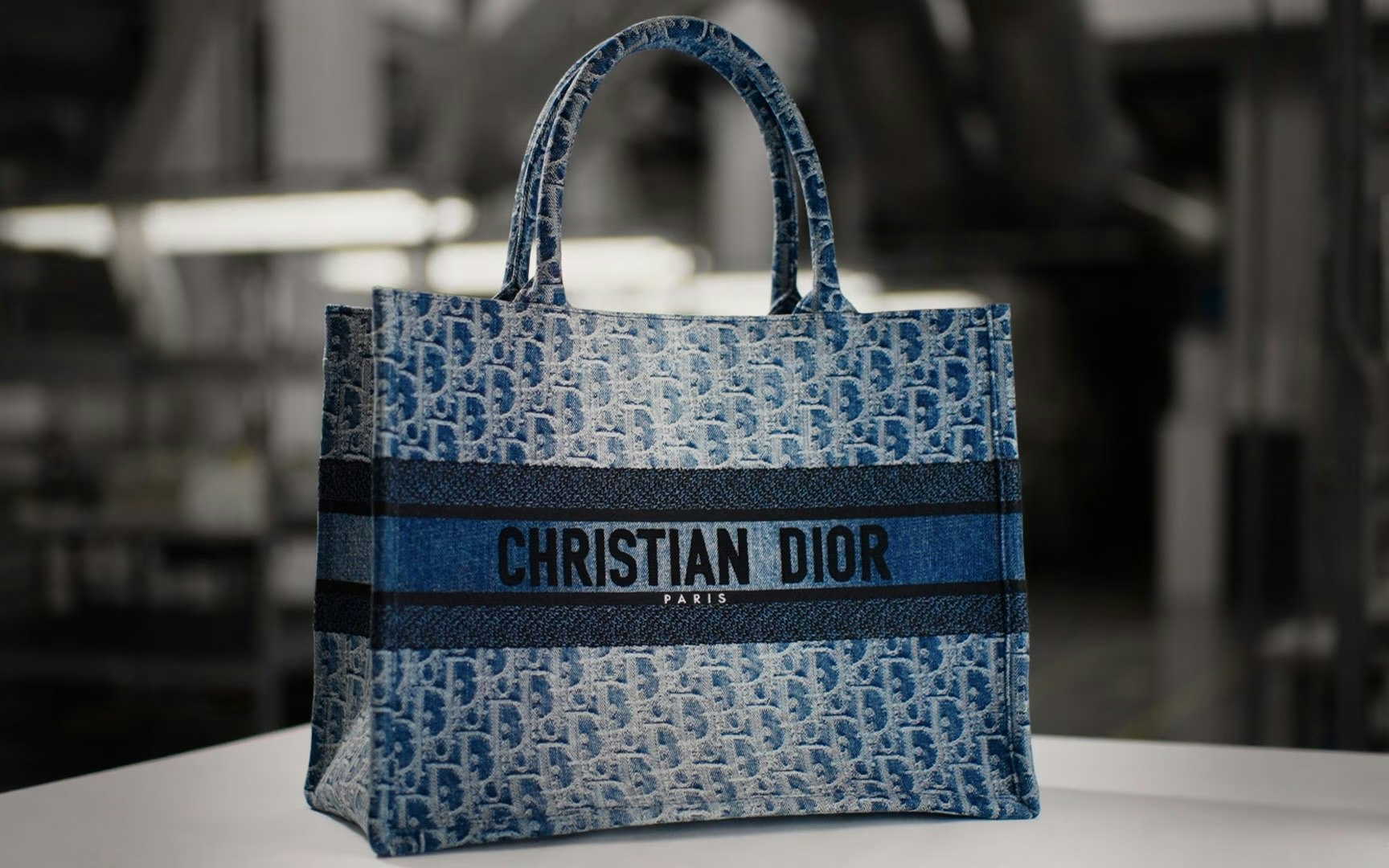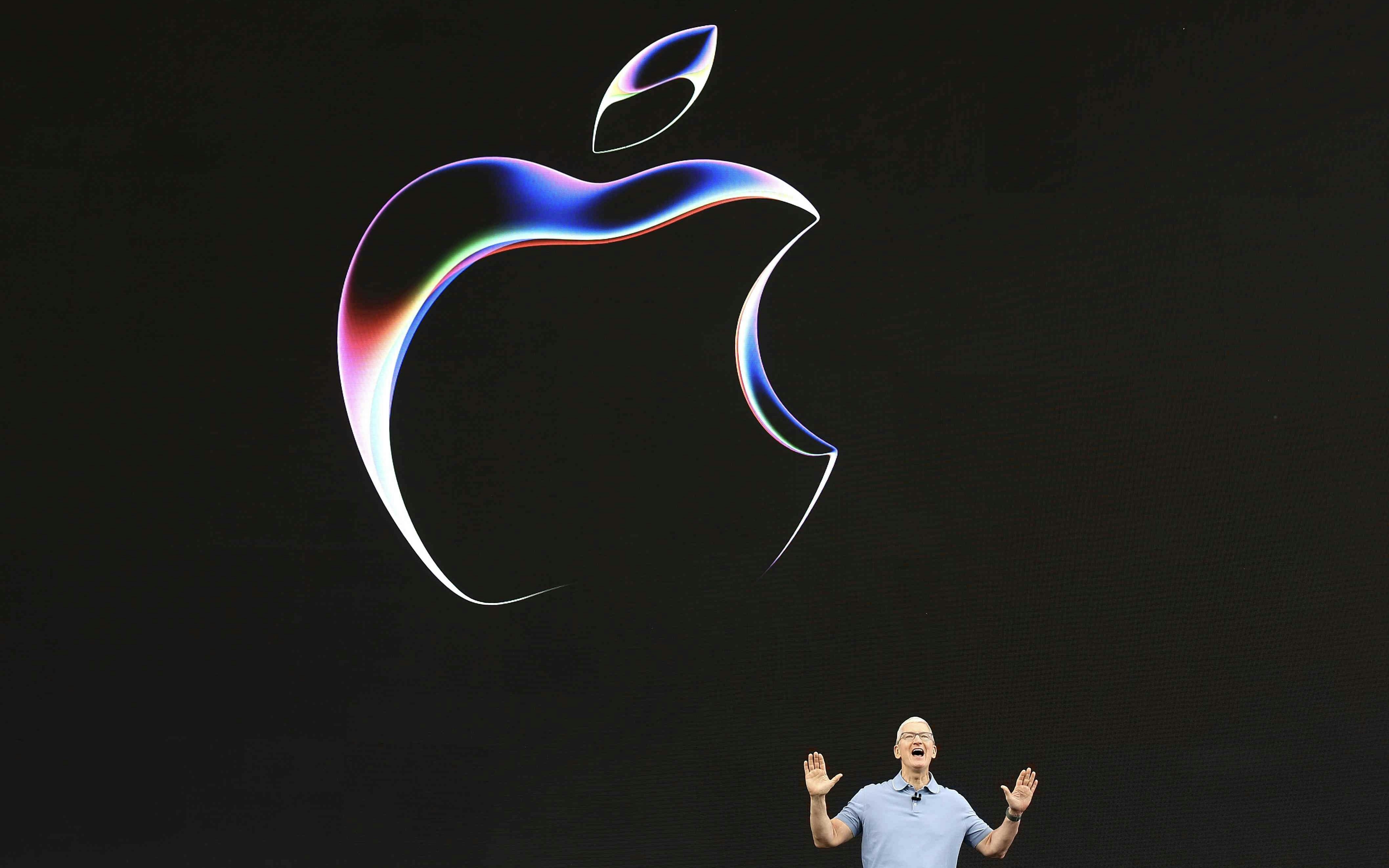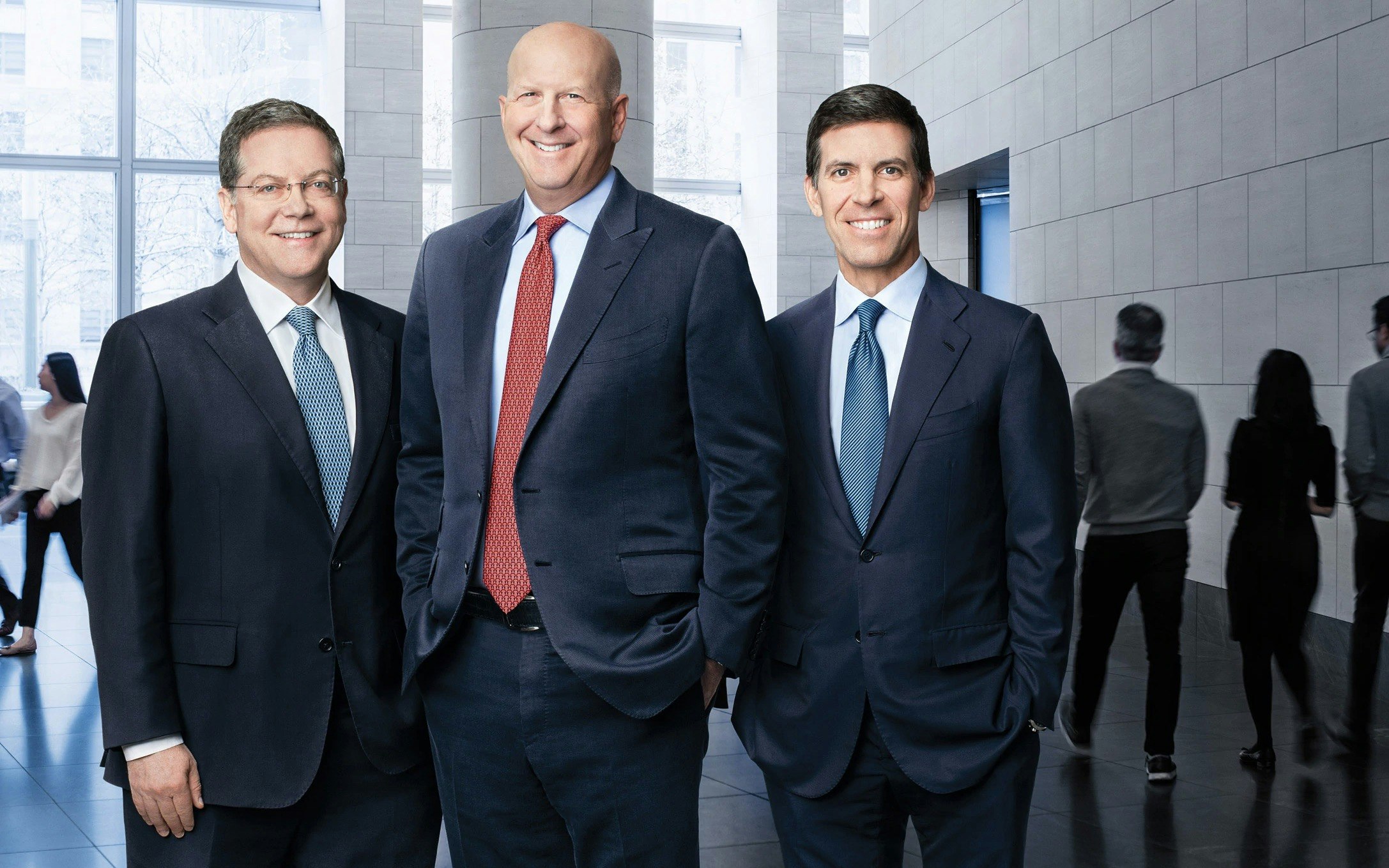Business
Investors remain calm despite disappointing quarterly results from LVMH
Despite a drop in revenue in the third quarter, investors are reacting calmly to LVMH's disappointing sales figures.

The luxury conglomerate LVMH missed sales expectations in the third quarter, but the reaction from investors was surprisingly calm. Revenue in the core business of fashion and leather goods, which includes renowned brands like Louis Vuitton and Dior, fell by 5 percent to 19.08 billion euros. The Chinese market, once an important growth driver, was particularly in decline as consumers finally became more cautious.
Despite this negative development, the stock markets reacted minimally. LVMH lost less value than expected, and the price factor fell only slightly, while competitors had to accept greater losses. With a valuation factor of 21 times the expected earnings for the coming year, LVMH is close to the mid-cycle multipliers of 23 to 24 times, as noted by Thomas Chauvet from Citigroup. This suggests that the market interprets the decline in sales as a temporary phenomenon in a larger macroeconomic downturn, which could soon reverse.
Analysts continue to expect mid-single-digit growth rates for LVMH next year, based on the hope that China's vague stimulus measures will boost consumer spending. However, it remains uncertain whether the luxury sector can smoothly return to rapid growth after recovering from macroeconomic pressures. Price increases could deter some customers, and the trend towards "Quiet Luxury" raises questions about the appeal of the products.
While super-premium brands like Hermès and Ferrari are less susceptible to macroeconomic fluctuations, LVMH is struggling with weak momentum at Louis Vuitton and Dior. An analysis by Bernstein on brand attractiveness shows that these key brands of the group have lost momentum. Additionally, LVMH is in the midst of a creative and organizational transition that takes time to have an impact.
The valuation premium of LVMH compared to the entire luxury sector has decreased from around 40 percent in March to about 6 percent, based on Bloomberg data. This development underscores that the luxury market is still far from regaining its former level of luster. LVMH faces the challenge of strengthening its image and market position to remain competitive in the long term.






